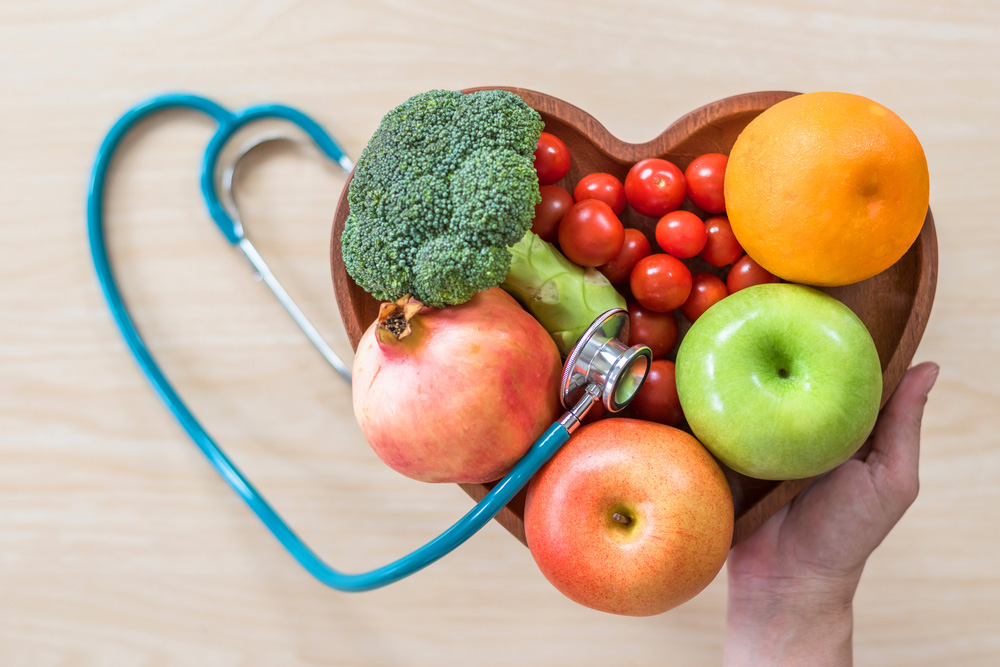
How To Eat For Better Health

Dr.Ravi Gupta
Public Helthcare Expert
Good diet regime is the key in retaining and improving upon our health irrespective of ages, sex, occupation, or perhaps location. Of course, staying energetic plays an important part in our life, but consuming the wrong kind or amount of food could jeopardize our health. Consequently, having good eating routine is far more important than simply staying active to maintain a healthy diet and lifestyle. The most effective eating habits that you can develop are the ones that will let you enjoy what you eat, and at the same time provide you with a comprehensive diet and fantastic variety of wholesome food. Nowadays, everyone is suffering from many serious health issues such as myocardial infarction, obesity, anorexia and so on. Each one of these occurred due to the disproportional diet. Nonetheless the rapid increase of health issues makes the community more concerned about their health and wellbeing.
A blunder that many people make is thinking that if they burn off the vast amount of calories at the health club they can eat whatever they wish. Or, if they’re “naturally” skinny they don’t have to view what they eat. Unfortunately, trading 60 minutes during a workout session for a greasy dual cheese burger or relying on good metabolic processes to take the place of wholesome eating habits completely ruins the idea of living a healthy lifestyle.
It can be difficult to change your ways of eating thus it is recommended to target small changes. Making changes to your diet may also be advantageous if you have diseases that can be made worse by things you are feeding on or drinking. Symptoms from disorders such as kidney disease, lactic intolerance, and celiac disease can all benefit from changes in weight loss plan. Figure out strong and weak points in your ongoing diet and switch on to a healthy diet.
Here are few easy-peasy but beneficial tips to start healthy eating habits:
- Add more of fruits, veggies, whole grains and fiber rich foods in your diet.
- Skip consuming deep fried meat and switch to baked, grilled or boiled meat. Eat fish once in a week as they are loaded with omega-3 fatty acids.
- Add eggs to your diet as they are among the most nourishing foods on the earth.
- Avoid any excess fat which includes butter on bread, sour cream on cooked potatoes, and dressings for salads. Use low-fat or non-fat variations of these foods items.
- Stay hydrated and drink low-calorie liquids. Keep a corner with sweetened dairy products or chilled tea and coffee.
- Drinkable and food quality aloe juice is excellent as it is rich in antioxidant vitamins A, C, E, B12, folic acid and Choline. Aloe is an excellent source of magnesium, calcium, and zinc. It provides 20 of the 22 amino acids your body requires. The salicylic acid in it helps in inflammatory reaction.
- Inspite of excessive fat and calories nuts and seeds could enhance your diet and are readily available at nutritional storehouses.
- Probiotic foods like low fat yogurt, apple cider vinegar and tender cheeses are also gut-friendly.
-
Last but not the least drink two liters of water every day.
The more activated your taste buds are towards healthy foods, the more likely you are to adhere to eating nutritious food. Keep your portion sizes reasonable and add nutrients to your diet instead of calories. Together, they’ll make a big impact on making your overall diet healthier and more sustainable, without a huge change in your habits.
Start making these little dietary changes and live a more active life.
Disclaimer
This article is for informational purposes only and does not constitute medical advice. Always consult with a healthcare professional before making significant changes to your diet, exercise routine, or lifestyle, especially if you have pre-existing health conditions.

.jpg)
.jpg)
.jpg)
.jpg)
.jpg)